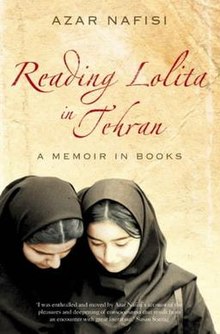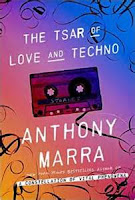"Homo sapiens have left themselves few places and scant ways to witness other species in their own world, an estrangement that leaves us hungry and lonely. In this famished state, it is no wonder that when we finally encounter wild animals, we are quite surprised by the sheer truth of them."
Ellen Meloy
Eating Stone
 The world is a fantastic and complicated place, with fantastic and complicated creatures. Unfortunately, not much is known about many of these animals, pushed to the fringes before they are seen by many people. Southwestern bighorn sheep and one of these animals. Long thought to be on the declined and even extinct, they have in recent years made a comeback.
The world is a fantastic and complicated place, with fantastic and complicated creatures. Unfortunately, not much is known about many of these animals, pushed to the fringes before they are seen by many people. Southwestern bighorn sheep and one of these animals. Long thought to be on the declined and even extinct, they have in recent years made a comeback.In Eating Stone Ellen Meloy describes her experiences with the Southwestern bighorn sheep, her observations from the river, back-country hikes. With beautiful prose and brilliant observations, she describes her connection with the wilderness and the bighorns and laments the growing separation of humans from the natural world, that the severance has left us spiritually lacking.
This book was spectacular, a truly amazing piece of nature writing. Her prose is beautiful, her story arc spectacular. Its a fantastic conservation piece examining the complexity of nature and the necessity for it. Everyone should read this book.
"That wild animals have largely moved out of our view is of a small note to many of us. We think, abstractly that they live out there somewhere, browsing or flying or killing or doing whatever it is they do, and we think that we are keeping them among us by the sheer force of our desire, even as we consume, insatiably, the places where they live."

































